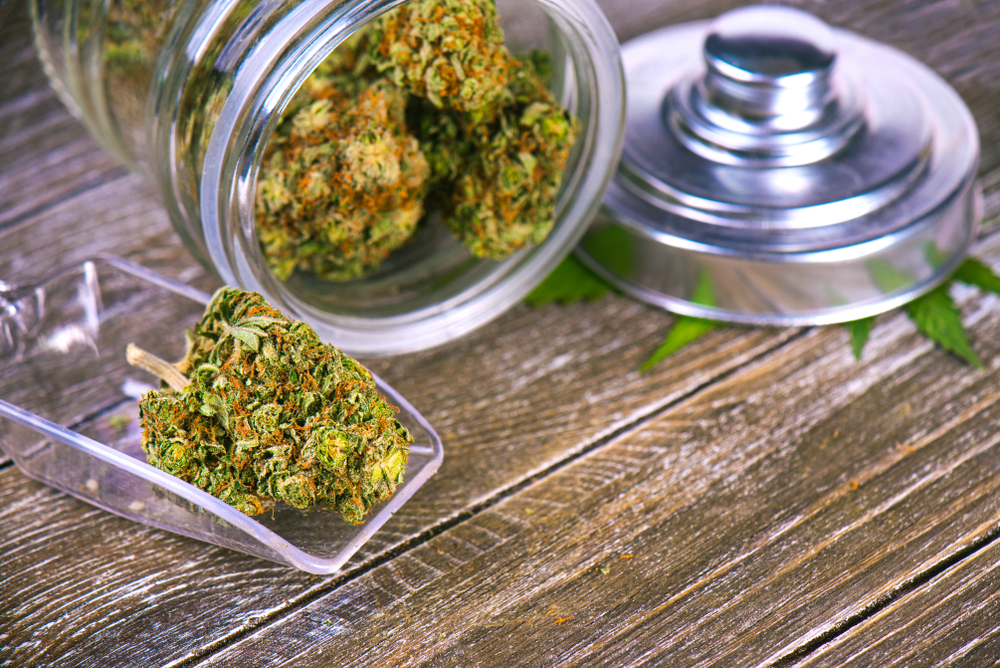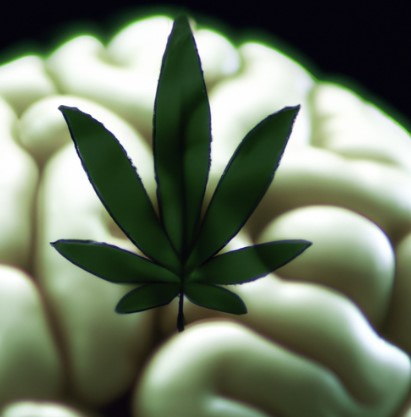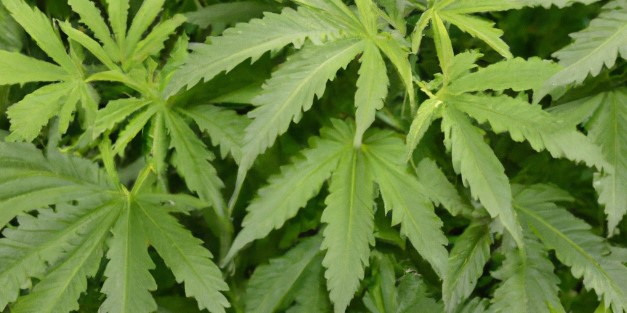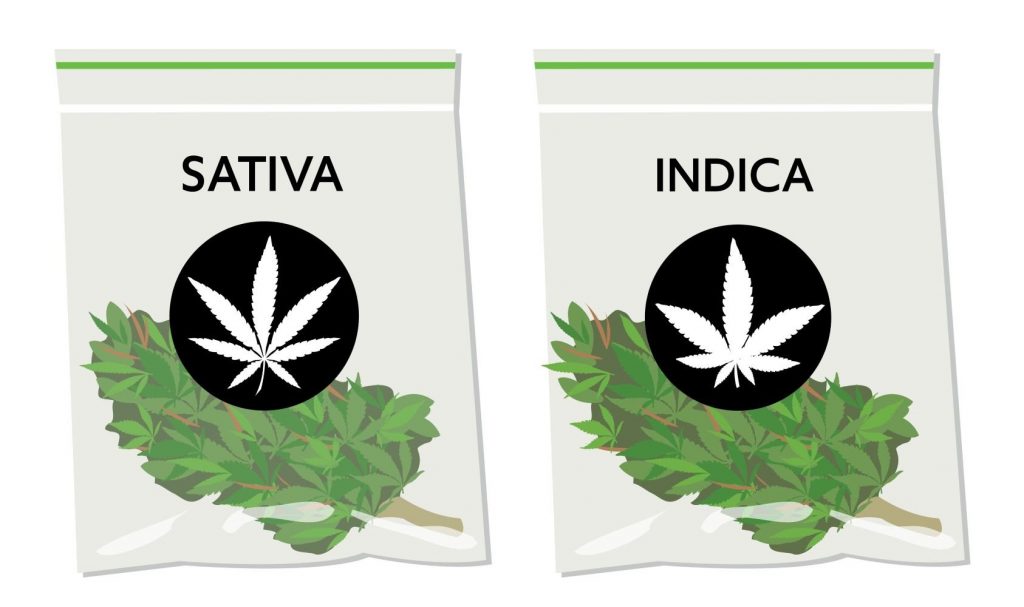Top 5 Marijuana Myths
By MK Thomson
April 25 2023
Marijuana has been a hot topic for decades, with misinformation and myths surrounding it. With the legalization of marijuana in many states for both medical and recreational purposes, it is more important than ever to dispel these marijuana myths and educate the public about the truth. In this blog post, we will examine the top 5 marijuana myths and debunk them with factual evidence. Whether you are a seasoned cannabis user or just curious about the topic, understanding the truth about marijuana can help to reduce the stigma and promote responsible use. So, let’s dive in and separate fact from fiction.

Marijuana is a gateway drug that leads to the use of harder drugs. This is a common myth that has been perpetuated for years, but there is no scientific evidence to support this claim. While it is true that some people who use marijuana may go on to use harder drugs, it is not accurate to say that marijuana use causes people to use other drugs.
In fact, many studies have found that the vast majority of people who use marijuana do not go on to use harder drugs. According to the National Institute on Drug Abuse, the majority of people who use marijuana do not go on to use other illicit drugs. It is important to note that correlation does not necessarily equal causation, and there are likely many other factors that contribute to an individual’s decision to use other drugs.
One of the most common myths about marijuana is that it kills brain cells. This idea has been around for a long time and has been used as an argument against marijuana use. However, there is no scientific evidence to support this claim. Studies have shown that while marijuana use can have short-term effects on memory and cognition, it does not kill brain cells.
Marijuana has been shown to have neuroprotective properties, meaning it may actually protect the brain from damage in certain circumstances. In fact, some studies have suggested that compounds found in marijuana may even promote the growth of new brain cells. While there is still much research to be done on the effects of marijuana on the brain, it is clear that the idea that marijuana kills brain cells is a myth.

The myth that marijuana is always harmful is actually doing more harm than what it’s trying to convince folks. State after state is legalizing medical and adult-use marijuana, indicating that many people and lawmakers believe otherwise. Here in Missouri, for instance, lawmakers recently passed adult-use marijuana, making it the 19th state in the U.S. to do so. And let’s face it, Missouri is pretty conservative. The growing number of states legalizing marijuana indicates that it has been increasingly accepted as a legitimate medical treatment and a recreational product for responsible adults.
While it is true that marijuana can have a few short-term negative effects on some users – like short-term memory loss or the munchies – it is clear that people, doctors, and lawmakers are finding it helpful for a variety of conditions, including pain management and anxiety reduction.
In short, marijuana is always helpful and never life-threatening harmful. But as with any substance, responsible use and moderation are key to minimizing negative side effects (munchies, laziness, being too high, and so on).

Marijuana is often misunderstood as a highly addictive drug, but research has shown that it is not as addictive as other substances like opioids or methamphetamine. Additionally, there is evidence to suggest that marijuana can actually aid in the recovery from addiction. Studies have found that the use of cannabis can help reduce cravings and symptoms of withdrawal in those recovering from opioid, alcohol, and other drug addictions.
While it is important to note that excessive use of marijuana can have negative consequences, it is also important to recognize its potential benefits for those in recovery. As more states legalize medical and recreational marijuana, it is likely that research into its effects on addiction will continue to expand. Overall, it is important to approach the use of marijuana with caution and informed decision-making, taking into consideration both its potential benefits and risks.
One of the most common misconceptions about marijuana is that all strains produce the same effects. In reality, different strains can have vastly different effects on the body and mind. The two most well-known and popular strains of marijuana are sativa and indica, each with distinct characteristics and effects.
Sativa strains are known for their energizing and uplifting effects, often used during the day as they tend to promote creativity and productivity. Indica strains, on the other hand, are known for their relaxing and sedative effects, often used at night to aid with sleep and relaxation. Other strains, such as hybrids, can offer a combination of both sativa and indica effects depending on their genetic makeup.
It’s important for MMJ patients and adult users to consult with their caregivers and budtenders to understand the different strains of marijuana available to them, as well as their effects, in order to make informed decisions about consumption. This can help individuals choose a strain that meets their specific needs and preferences. Happy toking!

It’s important to dispel these myths and educate new users and patients about the truth behind them. With the legalization of marijuana in the Show-Me State for both medical and recreational purposes, understanding the facts about marijuana is more important than ever to promote responsible use and reduce stigma. Through factual evidence and scientific research, we can separate fact from fiction and better understand the potential benefits and risks associated with marijuana use.
As always, enjoy responsibly!